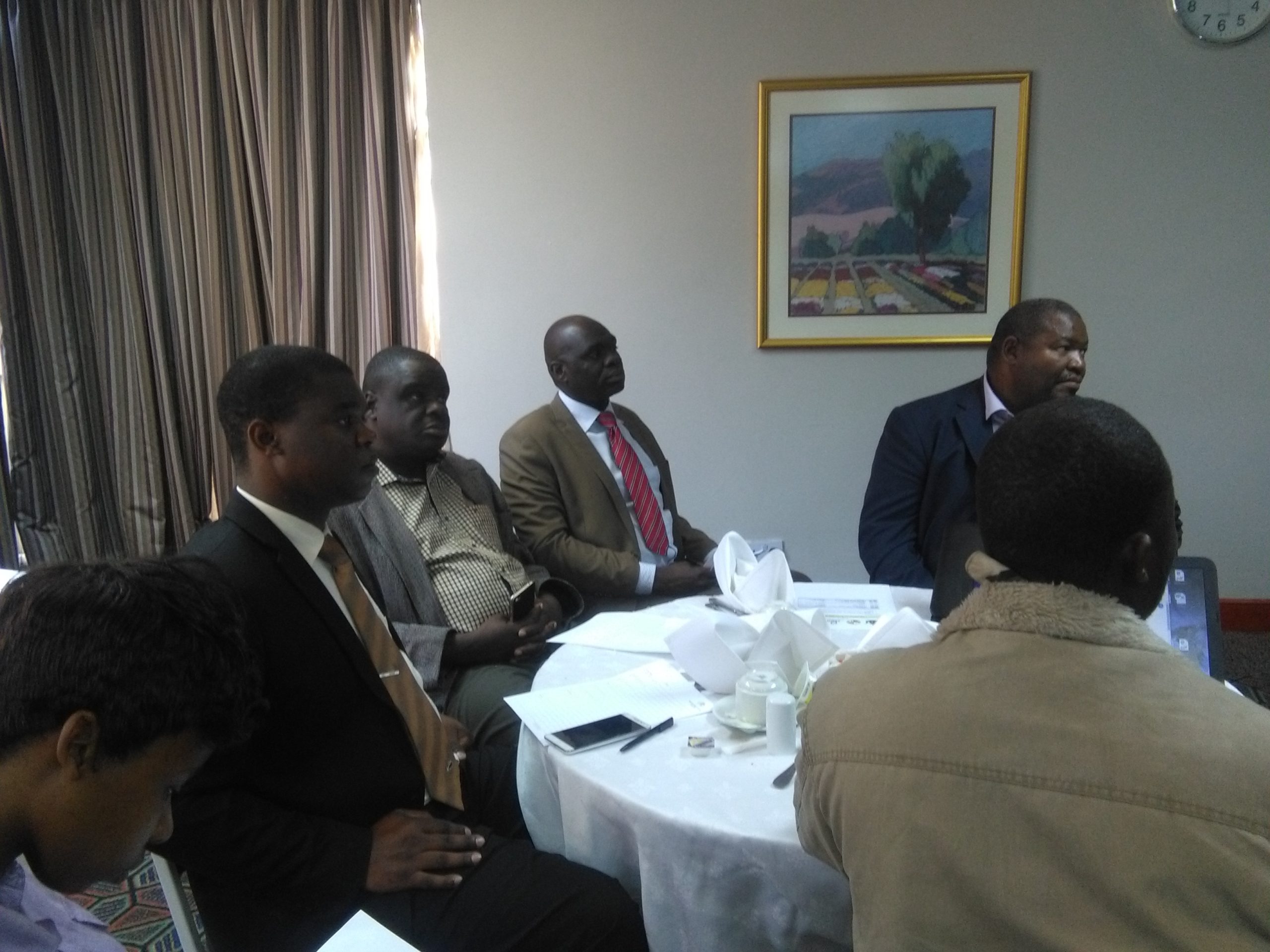PRIVATE players in the green energy sector should come up with convincing and bankable project proposals if they are to meaningfully contribute to development in this critical industry in the wake of a global shift from traditional sources and changing energy matrices in the modern world, a top government official has observed.
Ministry of Energy and Power Development (MEPD) permanent secretary Patson Itai Mbiriri made the remarks at the renewable energy breakfast dialogue meeting in the capital today where nexus ministries in the green energy provision system met to deliberate on the way forward in the supply of safe, clean and sustainable energy alternatives as a result of deviation in focus from the historical hydro and petroleum as sources of energy.
“A solar project is not as easy as some people want to think. It is technical and there is a lot which has to be done to roll out one. Besides the Mashava solar project we not have a big project to talk about. These private players need to come up with convincing project proposals that are bankable to attract funding from development partners for implementation,” he encouraged.
“Yesterday I met the guy who wanted to establish a project from as far back as 2013. When I quizzed on the status of the project he cited tariffs as hindering progress. There was ground breaking ceremony and some officials went to the site but up to now it hasn’t taken off the ground,” he said in apparent reference to the now controversial Gwanda solar project whose tender was won by businessman Wicknel Chivayo.
He continued: ” Some come to my office with 50 megawatt (MW) projects and others bring 1000MW proposals that should solve all the power supply challenges in the country. If these proposals are convincing and bankable then we would not be importing power. On the contrary we are forced to import power to plug the deficit we are experiencing.”
While several countries have managed to provide green energy to 90 percent of their rural populations, the story is different here with 70 percent lacking such access, his remarks noted.
The country is to soon move to replace diesel 500 with diesel 50 which is the trend in the region and in line with latest global phenomenon. On the other front blending will be mandatory at B2 level by 2020, according to Mbiriri.
Reacting to perceived restrictions to investment in the green energy sector, the chief administrative secretary in the MEPD said: ” It is in the public interest through government to set mandatory blending levels not restrictions as some people would want to portray. The blending is of public interest. I asked those who had cited restrictions in the statutory instrument to outline them and they never came back.”
He noted deadlines set by automobile manufacturers to phase out vehicles that propel on fossils to electric and biodiesel powered ones as a sign of the fast moving world in embracing green energy sources.
Nexus ministries represented and their headline green energy projects where MEPD several, Ministry of Industry and Commerce (UNIDO partnership worth 9000 Euros), Ministry of Health and Child Care ( partnership with Korean organisation for projects at United Bulawayo Hospitals and Harare Central Hospital ), Ministry of Small to Medium Enterprises and Co-operative Development ( India-Africa Vocational Incubation Centre in Waterfalls workshop for making solar lanterns), Ministry of Women Affairs,Gender and Community Development (Female students at Indian university to study production of solar panels; also to roll out cassava production in all provinces in association with ministry of agriculture for ethanol production), Ministry of Local Government Public Works and National Housing ( project for all government and residential buildings to use solar heaters), Ministry of Higher and Tertiary Education, Science and Technology Development (solar drier in Manicaland in association with UNESCO and a separate solar project at Mupfure Polytechnic).
Harare City Council (HCC) and the department of agricultural technical extension services (Agritex) were also represented and made their contributions. HCC highlighted the proposed 20-30 MW solar project at Pomona, produce at least 4 MW from biogas digesters at its sewer processing plants and a biogas plant in Mbare. While Agritex has embarked on the use of a rocket barn for curing tobacco sparing vast forests from the process.
The meeting was co-ordinated by MEPD in conjunction with civil society organisations (CSOs) Hivos, Practical Action and ZERO.
